Almost everyone rents living space at some time in their life, but not everyone knows their rights as a tenant. Following is a general explanation of tenant rights and responsibilities.
The Rental Property
Before signing a lease, inspect the property. The landlord must provide a detailed document describing the property’s current condition. Note any existing damages on the document before you and the landlord sign it.
- You are presumed to have caused any damages not listed on this document.
- Your legal rights can be changed by the terms of the lease, so read the lease carefully.
Security Deposit
The landlord can require a security deposit of up to one month’s rent, plus an additional deposit if you have a pet. If you have a felony conviction, the landlord can require up to two months’ rent for a security deposit. The security deposit and an itemized list of deductions must be returned to you within 30 days of moving out. The landlord can deduct for damages to the property or unpaid rent but not for normal wear and tear.
- The landlord can keep the full security deposit until the end of the lease term, even if one person moves out early. For leases longer than nine months, the landlord must pay interest on the security deposit.
- The landlord cannot charge a pet deposit for a service animal but can require you to provide a medical note.
Rent
Generally the rent cannot be raised until after the lease period ends. Each tenant is responsible for the entire amount of rent and any utility bills due under the lease. If one person moves out, the other tenants must still pay the full amounts due.
- The lease must state if there is a late fee, the amount, and when it is charged.
- For a month-to-month lease, the landlord may raise the rent by any amount by giving written notice at least 30 days in advance. The tenant can then give a 25-day notice to terminate the lease at the end of the month.
Landlord Responsibilities
The landlord must keep the building up to code and any common areas safe, provide garbage containers and garbage removal, and install smoke detectors in each unit. The landlord can enter the property at any time if there is an emergency or at reasonable times to repair, inspect, or show the property.
- The landlord cannot lock you out, cut off the utilities, or confiscate your belongings.
Tenant Responsibilities
Tenant(s) must pay the rent in full and on time, use the building and facilities appropriately, keep the unit clean and safe, remove garbage regularly, and make sure they and their guests do not disturb other tenants.
- You can be evicted – even in winter – for not paying rent, violating the lease, or for illegal activities.
Eviction
First, the landlord serves an eviction notice (or notice to quit), giving you three days to move out voluntarily. If you do not, you will be served with a Summons and Complaint. These legal documents include the date and time of the court hearing, which will be between three and fifteen days later.
- If the judge decides in the landlord’s favor, you will be evicted the same day as the court hearing unless you claim hardship, in which case the judge can give you up to five days to move out.
- The ND Supreme Court has more information about the eviction process for tenants on its Self Help page.
Where to get help
The Office of Attorney General cannot take a complaint about, or mediate, landlord/tenant disputes. We are not able to provide legal services to the public.
- For legal help, contact Legal Services of North Dakota or an attorney in private practice.
- Small Claims Court forms are available from the ND Supreme Court.
- File a housing discrimination complaint with the ND Department of Labor.
- Information about rental housing programs is available from the ND Housing Finance Agency.



